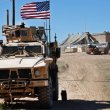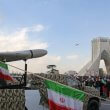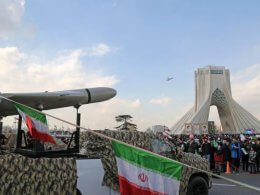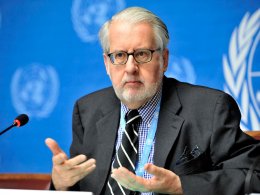Pakistan fears increase in ISIS presence and recruitment
Islamic State recruiters operating at religious schools and universities across Pakistan have fueled concerns about the terror group’s growing presence, despite Pakistani military campaign efforts to target and crush Islamist groups.
ISIS first announced their presence in Pakistan in May 2015, after claiming responsibility for an attack that killed 45 Shia bus passengers in Karachi.
Since then, the terror group has murdered Pakistani policemen and taken advantage of lawless tribal areas, as the country’s leaders become increasingly alarmed that members of other targeted militant groups will be quick to join their ranks, the UK Times reported.
The increased presence of militant groups like the Taliban, Al Qaeda and now ISIS within Pakistan, the only Muslim nation to possess nuclear weapons, is alarming world leaders with the possibility of militants getting control of the country's weapons.
Despite coordinated efforts by Pakistan’s military and law enforcement to kill hundreds of militants and arrest thousands in the wake of several tragic attacks in recent years, like the Taliban’s 2014 Peshawar school attack that left 140 dead and the recent Easter day bombing in Lahore that killed 69 people, the numbers are steadily increasing.
“Dash [ISIS] is a brand. Anyone can use it. There are blocs all over, it can emerge from anywhere. Since the military operation, radicalism itself has gone underground, which makes it difficult to see where might surface,” Ayesha Siddiqa, an author and Pakistani military and Islamist extremism expert said.
Using the idea of a global caliphate to appeal to new recruits, ISIS has expanded its brand across the Middle East and North Africa, however, the group does not have a command structure in Pakistan yet, an unnamed senior counter-terrorism official in Karachi told The Times.
Counter-terrorism officials have also confirmed that some university professors have been arrested for spreading ISIS propaganda in school, while authorities have reported that ISIS has developed a rapport with some of Pakistan’s elite.
“Most of the people affiliated with Daesh in Karachi are self-radicalized and self-organized. They work in small cells and most belong to educated families of the upper middle class," Zia ur Rehman, a Karachi-based journalist covering the city’s militancy said.









